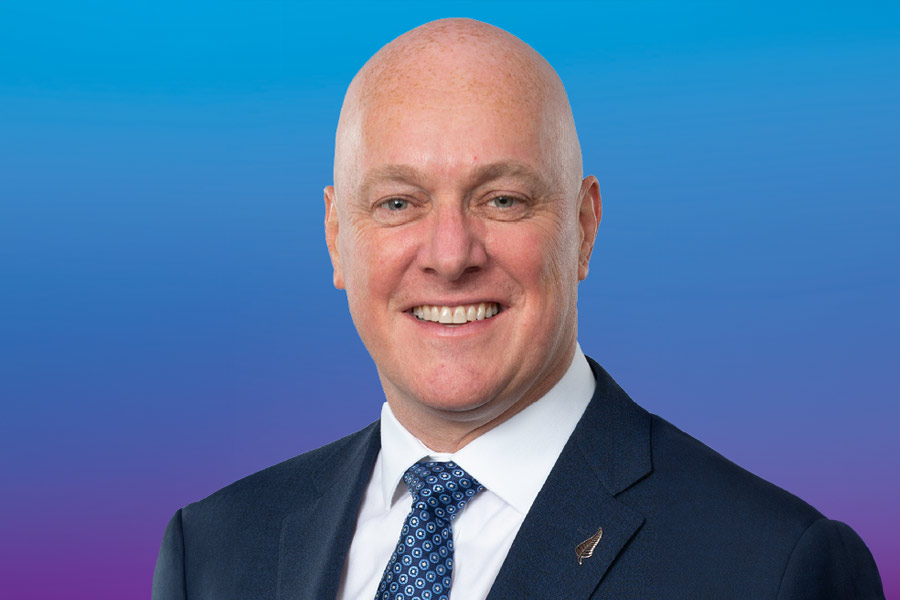New Zealand Prime Minister Christopher Luxon apologised and promised reforms on Wednesday after a public inquiry found some 200,000 children, young people and vulnerable adults were abused in state and religious care over the last 70 years.
Nearly one in three children and vulnerable adults in care from 1950 to 2019 experienced some form of abuse, the report found, a finding that could leave the government facing billions of dollars in fresh compensation claims.
"This is a dark and sorrowful day in New Zealand's history as a society and as a state, we should have done better, and I am determined that we will do so," Luxon told a news conference.
An official apology will follow on Nov. 12, he added.
Survivors and their supporters filled the public gallery of the country's parliament as the report was debated, while still more watched from a separate room.
After Luxon spoke, likening the abuse against children to torture at one state care facilities, Lake Alice, many stood and sang an Indigenous Maori song about love and unity.
The report by Royal Commission of Inquiry spoke to over 2,300 survivors of abuse in New Zealand, which has a population of 5.3 million. The inquiry detailed a litany of abuses in state and faith-based care, including rape, sterilisation and electric shocks, which peaked in the 1970s.
Those from the Indigenous Maori community were especially vulnerable to abuse, the report found, as well as those with mental or physical disabilities.
Civil and faith leaders fought to cover up abuse by moving abusers to other locations and denying culpability, with many victims dying before seeing justice, the report added.
"It is a national disgrace that hundreds of thousands of children, young people and adults were abused and neglected in the care of the State and faith-based institutions," the report said.
It made 138 recommendations, including calling for public apologies from New Zealand's government, as well as the Pope and the Archbishop of Canterbury, heads of the Catholic and Anglican churches respectively, who have previously condemned child abuse.
In a statement the Catholic Church in New Zealand said it was carefully reviewing the report.
"We will ensure that action follows our review of the inquiry’s findings," the statement said, adding it had previously acknowledged the abuse occurred.
The Anglican Church in New Zealand said in a statement: "We acknowledge and take full responsibility for our failures to provide the safe, caring and nurturing environment those who have been in our care had a right to expect and to receive".
Payouts likely
The report estimated the average lifetime cost to an abuse survivor, that is what New Zealanders would consider normal, day-to-day activities, was estimated in 2020 to be approximately NZ$857,000 ($511,200.50) per person, though the report did not make clear the amount of compensation available for survivors.
Luxon said he believed the total compensation due to survivors could run into billions of dollars.
"We're opening up the redress conversations and we're going through that work with survivor groups," he said.
The inquiry also recommended payments to families who have been cared for by survivors of abuse due to the intergenerational trauma they suffered, as well as review of compensation paid in previous child abuse cases including at the Lake Alice adolescent unit.
"The most important element is to recognise and acknowledge the survivors for the reality and the truth of their lives," said Tracey McIntosh, a sociologist at the University of Auckland.
The report also called for the government to set up a Care Safe Agency responsible for overseeing the industry, as well new legislation including mandatory reporting of suspected abuse, including admissions made during religious confession.











